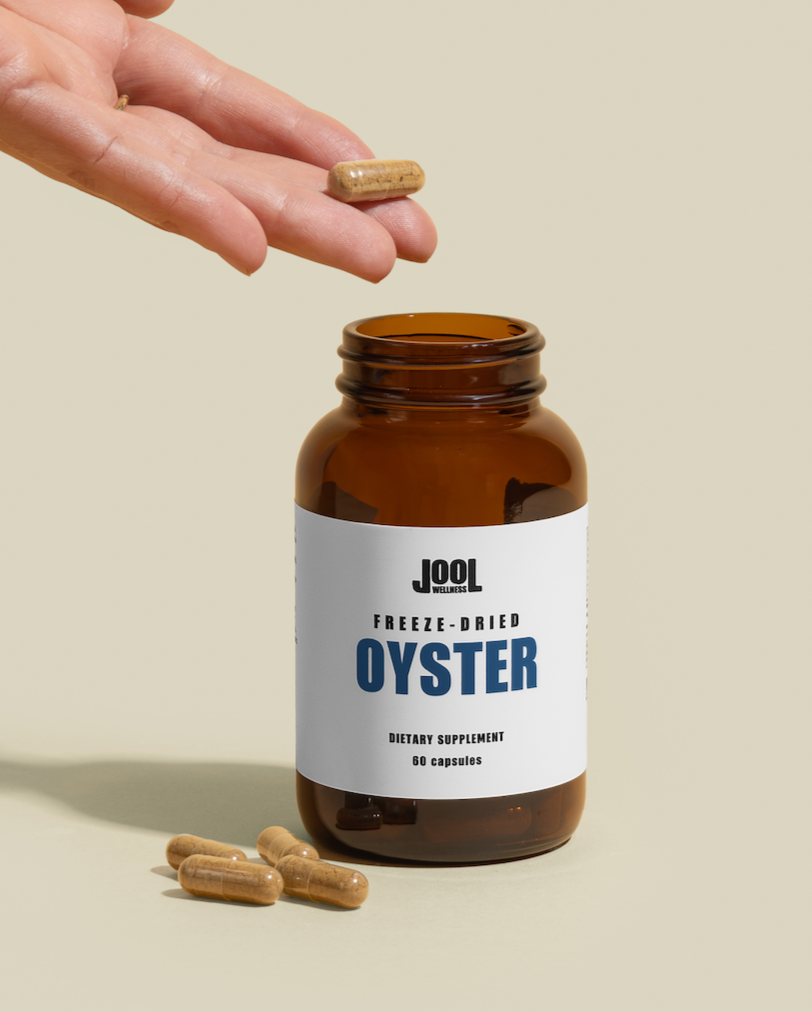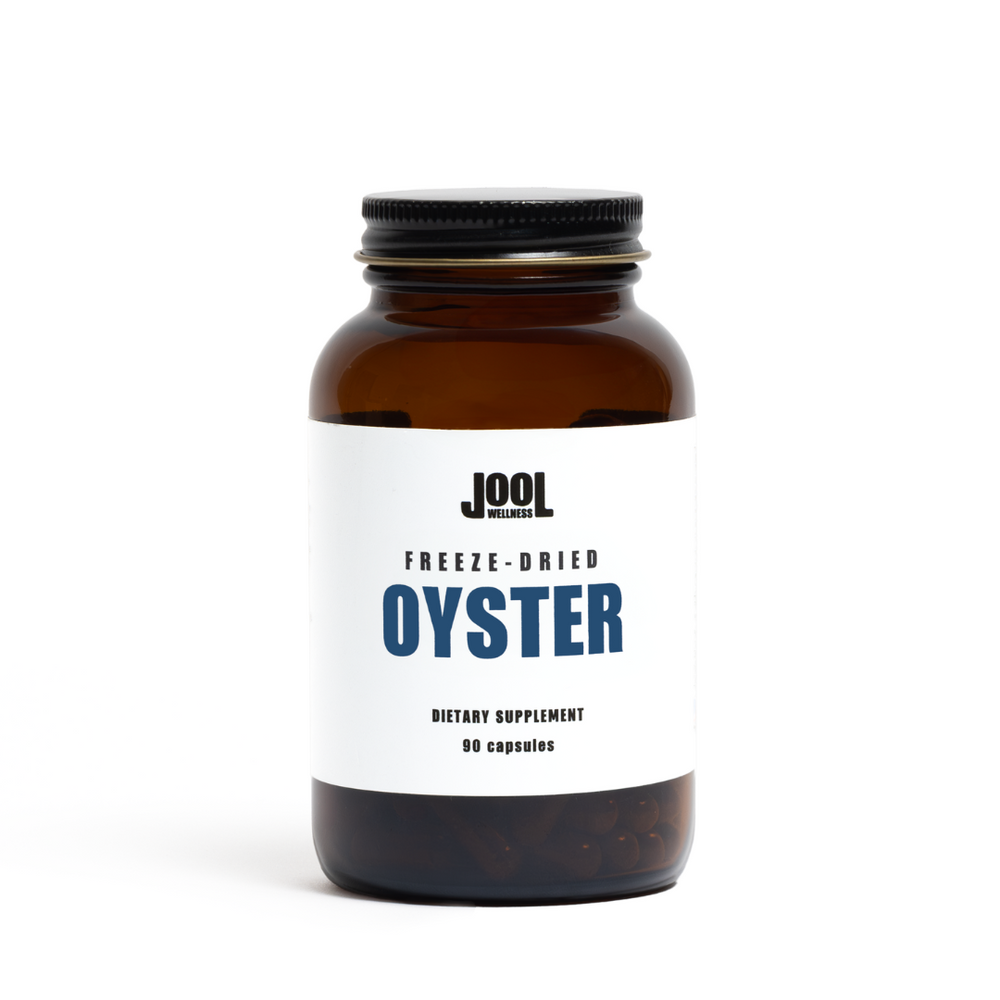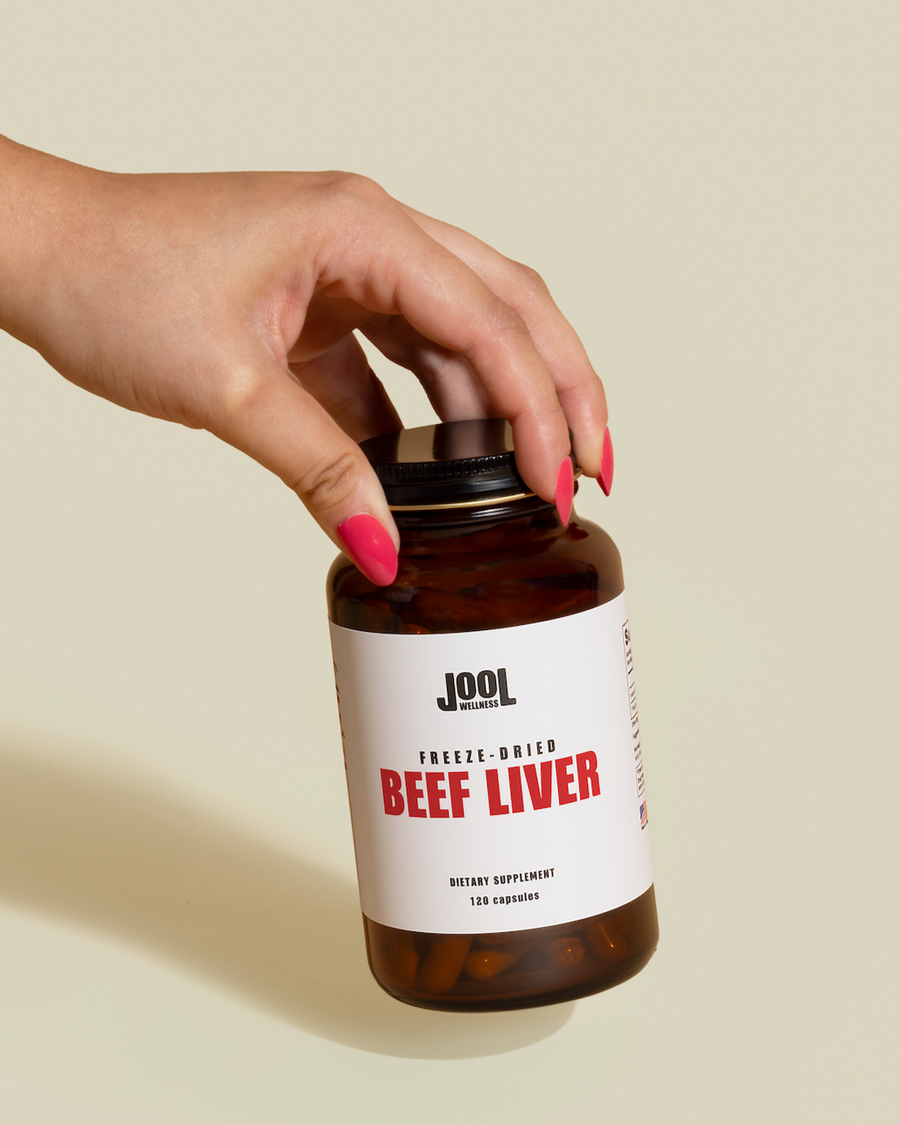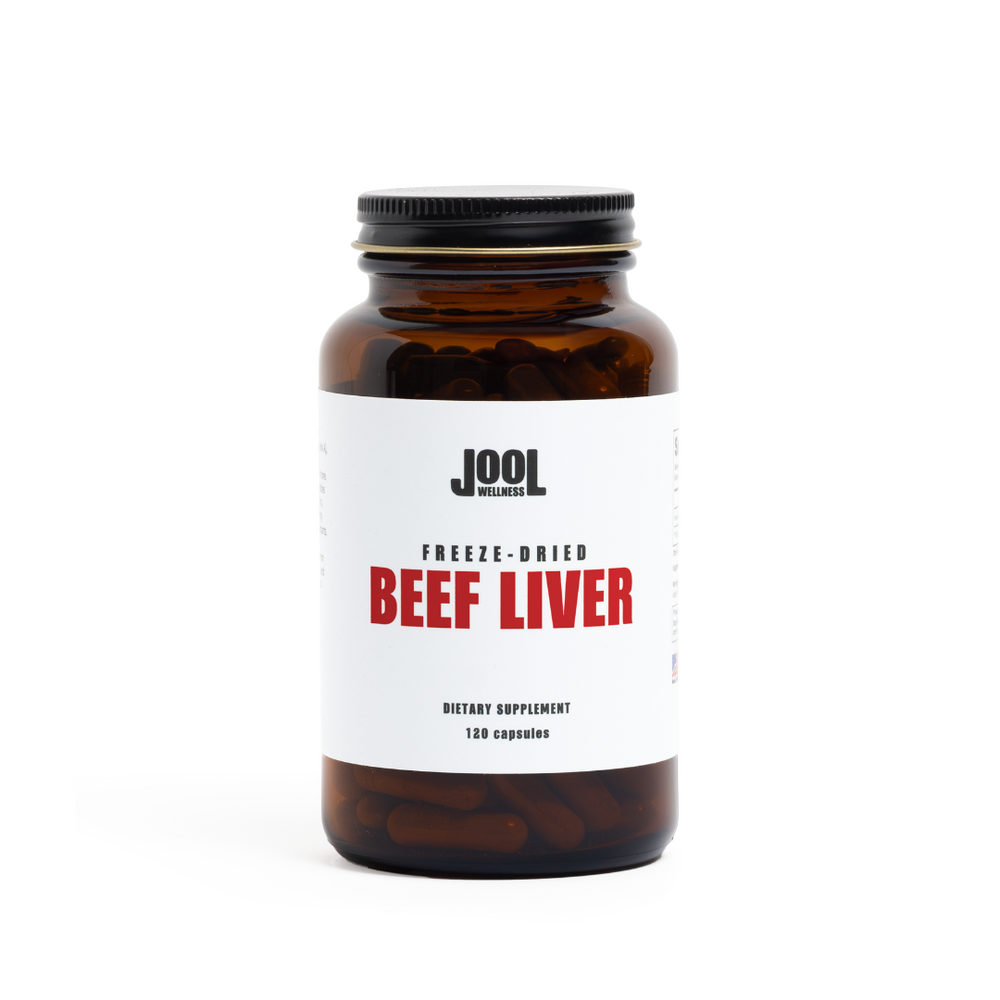Low Libido in Women: Why Undereating Could Be the Real Culprit (+ How Oysters Can Help)
Low libido? It might be more than just hormones…
Let’s get one thing straight:
You deserve great sex. Yeah we said it...😎
But if your libido is MIA… you're not broken.
We see this all the time in our work with women recovering from hypothalamic amenorrhea (HA) or low energy availability.
While supplements like oysters can absolutely support hormone production and libido, the root issue often goes deeper.
The Hidden Link Between Undereating and Low Libido
When you’re not eating enough, your body gets the message: “Now’s not a good time to reproduce.”
Here’s how that shows up:
-
Decreased libido
-
Missing or irregular periods
-
Fatigue and brain fog
-
Anxiety or mood swings
Low energy intake signals the brain to downregulate the hypothalamic-pituitary-gonadal (HPG) axis, the key system responsible for sex hormone production—including estrogen, progesterone, and testosterone. Without enough fuel, your body will prioritize survival over reproduction.
👉 No amount of supplements can override a body that’s still stuck in a stress state due to chronic under-eating.
So before anything else, start by nourishing your body fully and consistently—then layer in the nutritional powerhouses like freeze-dried oysters to further support your hormonal recovery.
Oysters: A Libido-Boosting Nutrient Bomb
Once you’re eating enough (that’s priority #1), certain foods and supplements can help give your body the raw materials it needs to rebuild optimal hormone function—and oysters are at the top of that list.
Here’s why they’re legendary for sexual vitality 👇
🦪 Zinc: The Sex Hormone Spark Plug
Zinc plays a central role in:
-
Testosterone production (in both women and men)
-
Maintaining the function of the pituitary and thyroid glands
-
Inhibiting aromatase, the enzyme that converts testosterone to estrogen
-
Regulating SHBG (sex hormone-binding globulin) so more testosterone stays bioavailable
When zinc is low, estrogen can rise, SHBG increases, and free testosterone drops—meaning your libido tanks.
💥 Oysters are the highest natural source of zinc in the world.
🧠 Tyrosine: The Dopamine Precursor
Oysters are also rich in tyrosine, an amino acid needed for dopamine production.
Dopamine = motivation, desire, and drive
When dopamine is low, not only is libido affected—but so is your mood and energy.
By providing the nutrients needed to build dopamine naturally, oysters help support that spark in more ways than one.
⚡ Other Key Nutrients in Oysters for Sexual Health
-
B12 – Needed for energy, cognition, and nerve health
-
Selenium – Protects reproductive organs and supports thyroid hormones
-
Copper – Balances zinc and supports energy production and neurotransmitter synthesis
🥩 Want to Go Even Deeper? Pair with Beef Liver
Beef liver is rich in:
-
Vitamin A – Crucial for hormone receptor sensitivity
-
Iron – Supports blood flow and oxygen delivery
-
Choline – Important for nervous system function and detoxification
-
B Vitamins – Help manage stress, build energy, and stabilize mood
Together, oysters and beef liver are a dream team for reviving a sluggish libido—especially when paired with real nourishment and a recovery-focused mindset.
🔥 Ready to Support Your Sex Drive Naturally?
Libido is about more than just one supplement...
But if you’re already working on eating enough, sleeping well, and lowering stress—oyster and liver supplements can help bring your body back into balance, faster.
👉 Check out our Freeze-Dried Oyster Supplements – the ultimate zinc-rich libido support
👉 Or shop our Beef Liver Capsules to pair for full-spectrum fertility and hormone recovery
💛 Food first. Supplements second.
References:
Gordon CM, et al. "Functional hypothalamic amenorrhea: an endocrine society clinical practice guideline." J Clin Endocrinol Metab. 2017.
Loucks AB, et al. “Energy availability, not body fatness, regulates reproductive function in women.” Exercise and Sport Sciences Reviews, 2003.
Prasad AS, et al. “Zinc status and serum testosterone levels of healthy adults.” Nutrition, 1996





